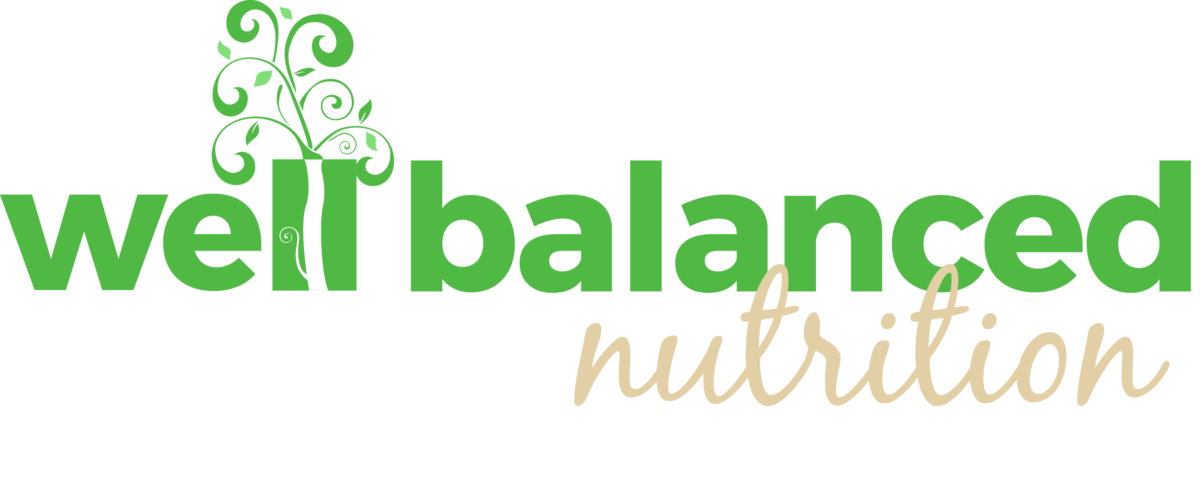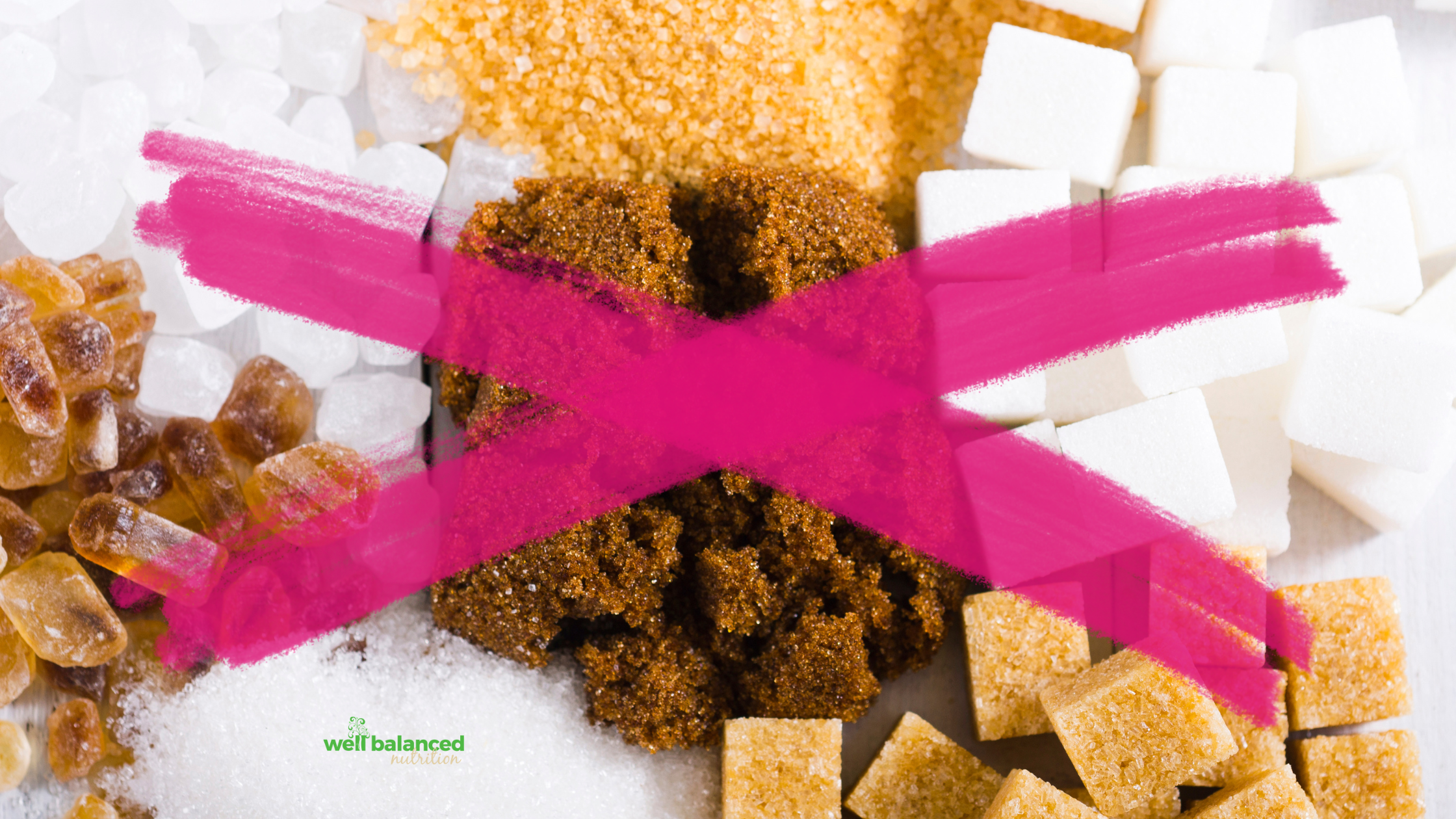You’re scrolling through your feed, coffee in hand, enjoying seeing posts from friends, and then BAMB another “miracle” diet, another “shocking” study, another headline screaming that the food you just ate is either going to save your life or ruin it. Berries are good. No wait—they’re bad. Coffee boosts your metabolism. Scratch that—coffee dehydrates you.
It’s exhausting. You want to eat well, feel your best, and actually understand what’s going on, but how are you supposed to make sense of all the conflicting information? Every post comes with someone’s strong opinion, a tiny study, or a catchy infographic that barely scratches the surface. And the worst part? A lot of it looks convincing. Who has the time to fact-check every claim while juggling work, family, or practice schedules?
Frustration builds. You start second-guessing your choices. Did you eat the wrong breakfast? Should you skip that snack? Did that smoothie help or hurt? It’s not just about nutrition…it’s the mental load of trying to separate the helpful advice from the hype, the science from the clickbait. It’s exhausting.
Here’s the thing: nutrition doesn’t have to feel chaotic. Understanding how to eat well isn’t about chasing the latest post or memorizing every “rule” on the internet. It’s about learning what’s evidence-based, finding what works for your life, and trusting yourself to make balanced decisions. Because the real goal isn’t perfection—it’s clarity, confidence, and feeling good in your own body, no matter what your feed says today.
Nutrition Misinformation on TikTok/Instagram
We live in an “infodemic,” a term the World Health Organization uses to describe the flood of information, both accurate and false, that makes it hard for people to find trustworthy guidance. Social media plays a big role here. As of August 2025, about 53% of U.S. adults report that they get news from social media at least occasionally (Pew Research Center). Health advice is no exception. Roughly 15% of social media users say they regularly receive health tips from influencers on platforms like Instagram, TikTok, and YouTube.
However, not all information found on social media is accurate. One study by Deakin University’s Institute for Physical Activity and Nutrition (IPAN) looked at nearly 700 Instagram posts by influencers and brands with more than 100,000 followers and found that almost half contained inaccurate nutrition information. It also found that 9 out of 10 posts were of low quality when factors such as the author’s professional qualifications, the evidence base of the information, advertising, and commercial interests were considered.
And yet, despite these concerns, people are influenced. A study conducted by DCU and MyFitnessPal found that 57% of individuals would consider changing their diet based on something they saw on TikTok or Instagram. That’s the power (and the problem) of social media in shaping our food choices.
So many voices, so many “experts”
Not everyone giving nutrition advice has the same training. Unlike medicine or nursing, the word nutritionist isn’t tightly regulated. In some states, anyone can call themselves a nutritionist after a weekend course, reading a book, or sharing their own personal health journey on Instagram. That’s why the advice out there can feel all over the place, because it really is coming from people with very different levels of knowledge and experience.
Some nutrition professionals, like Registered Dietitians (RD/RDNs), go through years of education, hands-on training, a board exam before they can practice, and continuing education to keep their license active. Physicians or naturopaths may share nutrition advice, though it’s not always their main area of training. Others, like health coaches or personal trainers, may take shorter certification courses that emphasize habits, motivation, or fitness but don’t cover complex health conditions. And then there are influencers or self-proclaimed “experts,” who may have no formal training at all but share what worked for them.
None of this is meant to dismiss personal stories or coaching; they can be motivating and helpful. But when it comes to managing conditions like blood sugar, cholesterol, gut health, or chronic illness, it matters whether someone has the expertise to give safe, evidence-based guidance.
The science is complex.
Nutrition research is fascinating, but it’s also messy. Research evolves, findings can contradict one another, and studies get reduced to a single headline that misses the nuance. For example, one week coffee is “bad for you,” and the next it’s “protective.” The truth usually lies somewhere in between, but extreme messages grab more attention than the middle ground.
The Single-Study Trap
When there is a study for every point to be made, how do you make sense of it all? What most people don’t realize is that a single study rarely tells the whole story. Strong evidence is built by looking at the totality of research, like systematic reviews, meta-analyses, and consensus statements. That’s why dietitians emphasize balance and patterns, not quick-fix claims.
There’s money in confusion.
Let’s be honest: confusion and emotions sell. Supplements, diet programs, detox teas, and quick fixes are a multi-billion-dollar industry. Products and ideas are sold by playing on your uncertainty, tugging at your emotions: fear of missing out, guilt, shame, or the promise of quick, dramatic change. Balanced, evidence-based advice? Boring and doesn’t sell.
How to Spot and Navigate Nutrition Misinformation
Here are 6 concrete ways to evaluate nutrition information:
1. Watch for emotional or extreme language
- Words like “never,” “miracle,” “secret,” or “must” are common tactics to grab attention.
- Ask yourself: Is this claim realistic or designed to provoke a strong emotional response?
2. Examine the proof
- Avoid relying on a single study. Even high-quality studies may have limitations. Look for systematic reviews, meta-analyses, or consensus statements from experts.
- Pay attention to context. Does the study reflect the population, age group, or health condition that applies to you?
3. Use practical tools to verify claims
- Check multiple reputable sources before acting on a claim. If the same advice appears in peer-reviewed studies, official health organizations, or multiple expert sources, it’s more trustworthy.
- Ask a professional. Registered dietitians can help you interpret conflicting information and adapt it to your unique circumstances.
4. Consider potential bias
- Ask yourself: Is this person promoting or selling a product, program, or supplement? This does not automatically mean the information is wrong, but it’s worth considering the potential for bias when evaluating their advice.
5. Consider your own needs and goals
- Just because a diet or supplement works for someone else does not mean it is right for you. Your body, lifestyle, preferences, and health history matter.
- Focus on long-term, sustainable habits rather than quick fixes. Test changes gradually, and track how they affect your energy, mood, digestion, and overall wellness.
6. Trust your instincts
- If something feels overly dramatic, confusing, or promises instant results, it’s worth pausing. Critical thinking is one of your best defenses against misinformation.
By following these steps, you can filter out noise, make informed decisions, and protect your health without falling into the trap of hype, extremes, or misleading claims.
The Take Home Message:
Though human brains crave easy solutions and hard-and-fast answers, the reality is that these rarely exist in the field of nutrition. As registered dietitians who have spent years studying nutrition, we often can’t give a single clear-cut answer. Nutrition science is evolving, and even our best high-quality studies can’t perfectly spell out cause and effect. That’s why good dietitians know that nutrition is highly nuanced, and they help you apply evidence-based methods in a way that fits your life and your body. They help you understand:
- There’s more than one route to better health. What matters most is sticking with a method long enough to know whether it works for you, which is hard in a world of constantly changing headlines.
- Nutrition is also only one part of healthy living. When we give it too much power or attention, it can backfire, leading to guilt, stress, or an unhealthy relationship with food. True wellness encompasses not only nutrition but also movement, sleep, stress management, and overall well-being, including joy.
Ready to take the next step?
If you’re tired of confusing and conflicting advice, one of our registered dietitians can help you navigate nutrition in a way that fits your life and current health needs. It all starts with a free phone call.



